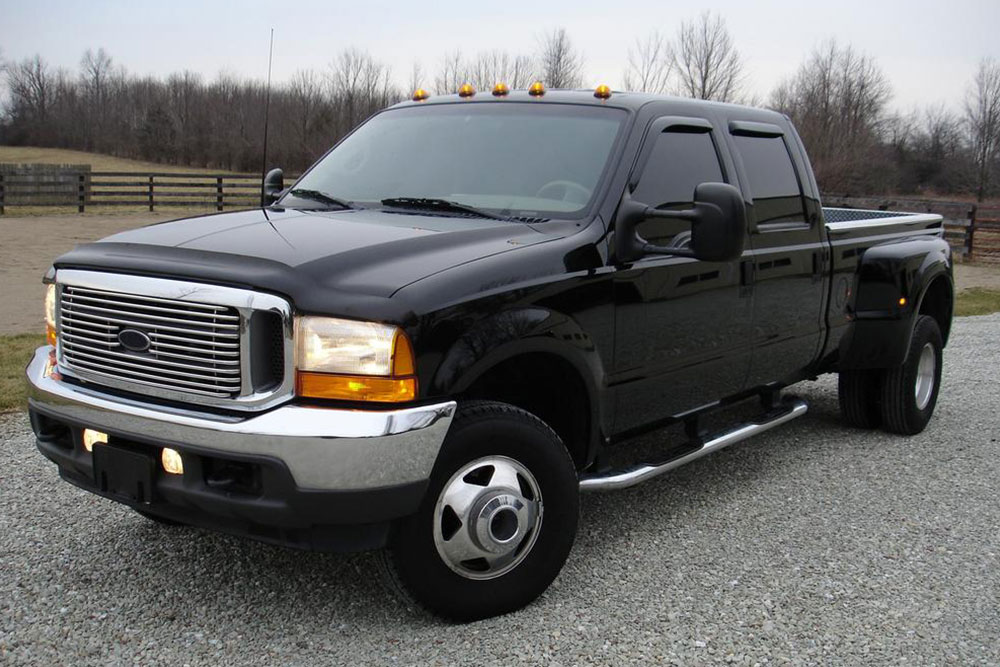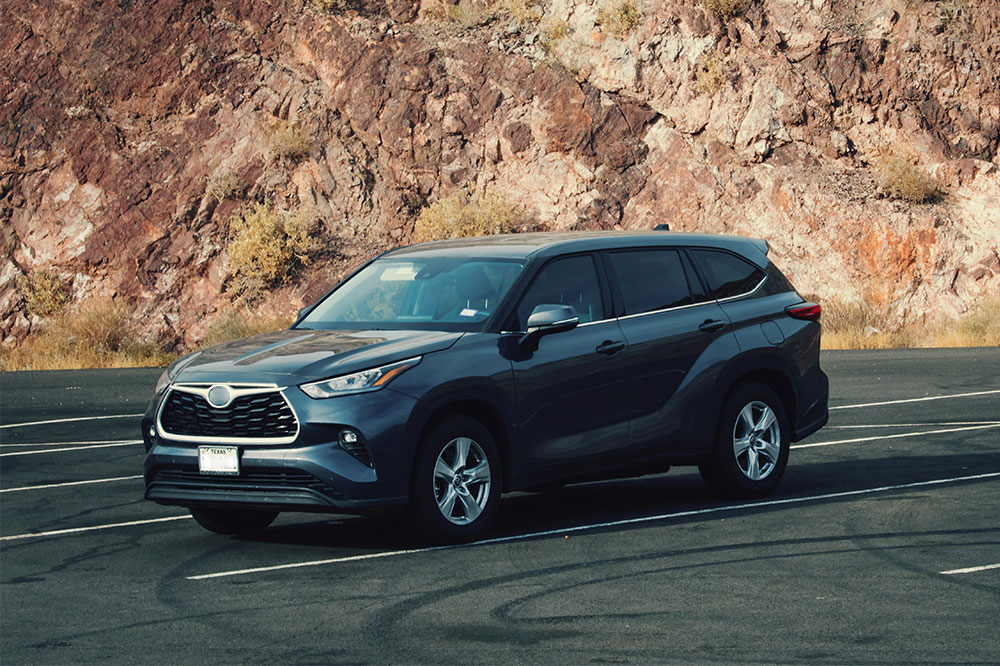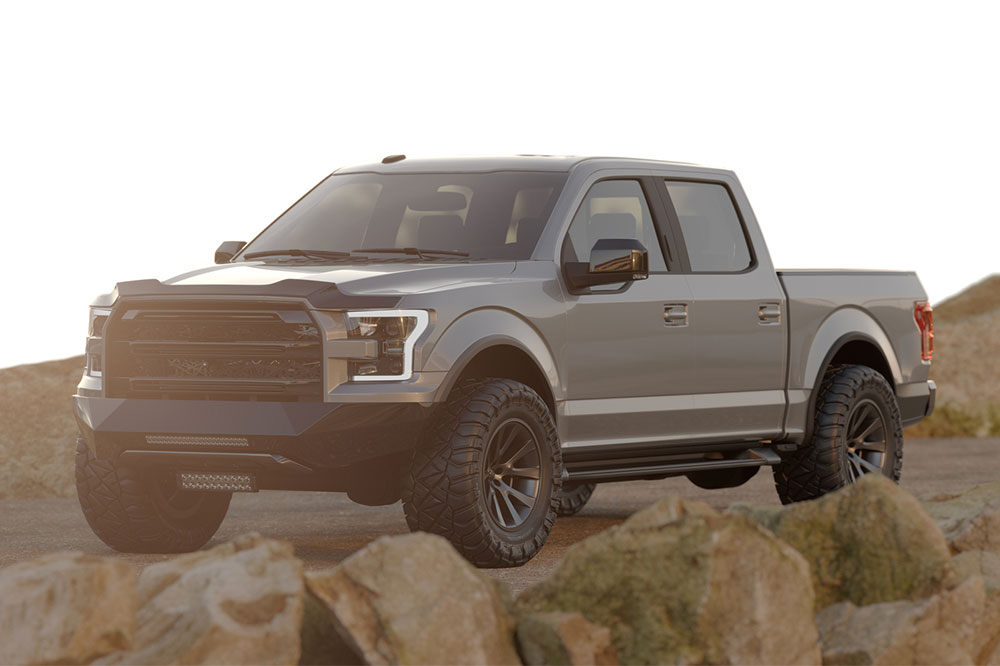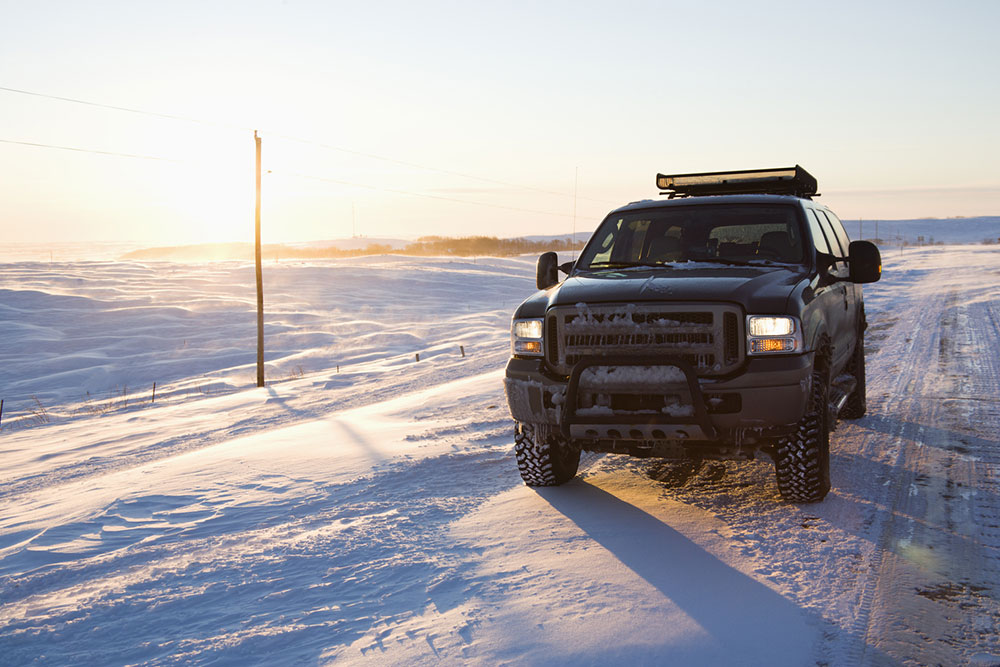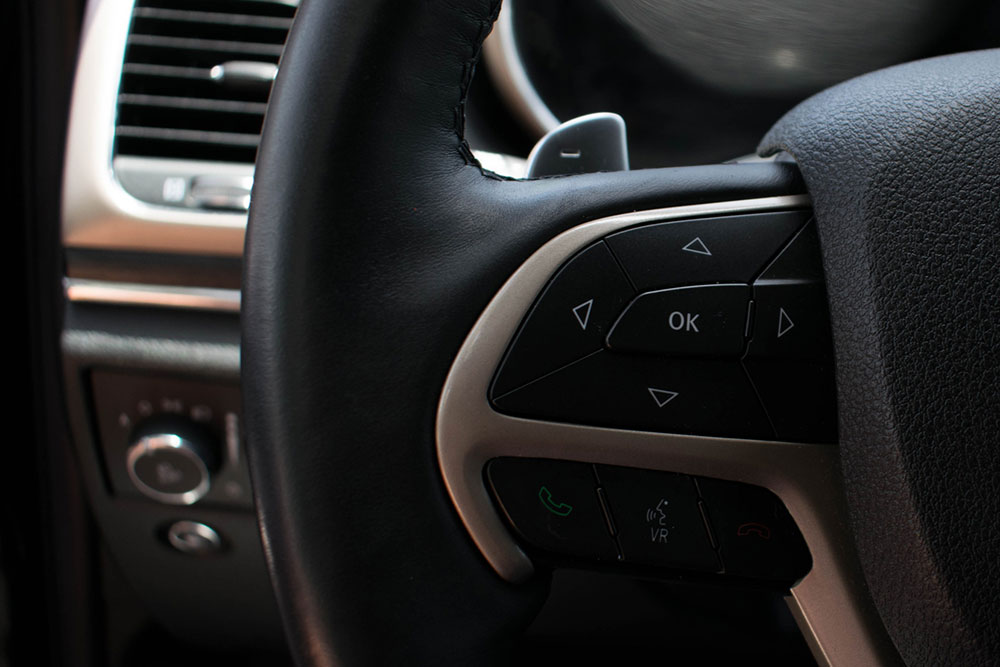Comprehensive Guide to Selecting the Perfect Tow Truck for Your Business Needs
This comprehensive guide provides essential insights into choosing the perfect tow truck, covering types, capacities, costs, and legal considerations. It helps buyers make informed decisions tailored to their towing needs, ensuring safety, efficiency, and cost-effectiveness.

Essential Factors to Consider When Choosing a Tow Truck
If you're preparing to invest in a tow truck for your fleet or personal use, conducting detailed research is essential to ensure you select the most suitable vehicle that fits your budget and operational requirements. The decision to purchase a tow truck is significant, as it involves understanding various vehicle types, their capabilities, and the specific needs of your towing operations. This comprehensive guide aims to assist you in making an informed choice by highlighting key factors to consider before finalizing your purchase.
Are you uncertain about the critical features to evaluate in new or used tow trucks? Staying informed about essential considerations can make a substantial difference in selecting a reliable, efficient, and cost-effective vehicle. Keep reading to uncover vital insights into the different types of tow trucks, their functionalities, and tips for securing the best deal.
Understanding the Intended Use of Your Tow Truck
The foundational step in choosing the right tow truck is defining its primary purpose. While all tow trucks are designed to transport vehicles from one location to another, their designs, features, and capabilities vary considerably to accommodate different towing scenarios. Identifying your typical towing tasks—be it roadside assistance, heavy-duty towing, or specialized recovery—will guide you in selecting the most appropriate model.
Before diving into the selection process, it’s advisable to create a detailed list of the specifications and features you require in a tow truck. This ensures you focus on options that align with your operational needs and budget constraints.
Categories of Tow Trucks
Tow trucks come in various types, primarily categorized into flatbed, hook and chain, and wheel-lift models. Understanding the differences between these types will help you choose one that best fits your towing tasks.
Flatbed Tow Truck – Often regarded as the most versatile and safest option, flatbed trucks feature a tilting flatbed, also called a rollback. Vehicles are driven or winched onto the flatbed via an inclined ramp, ensuring no contact with the ground during transport. This design minimizes the risk of damage and is ideal for towing modern, luxury, or damaged vehicles.
Hook and Chain Tow Truck – Once a common sight on roads, hook and chain tow trucks are less prevalent today due to their potential for vehicle damage. They operate by looping chains around the vehicle's frame or axle, lifting only two wheels off the ground. This method is primarily suited for junk or abandoned vehicles where minimal concern for scratches or dents is acceptable.
Wheel-Lift Tow Truck – Featuring a Y-shaped metal yoke that lifts the vehicle's front or rear wheels, wheel-lift trucks are designed to provide a more secure towing process. While they reduce some risks compared to hook and chain models, only the wheels are engaged, meaning improper loading or uneven surfaces can lead to minor damages.
Assessing Towing Capacity
Towing capacity is a critical specification indicating the maximum weight a tow truck can safely handle. Exceeding this limit can result in severe vehicle damage, increased wear and tear, and safety hazards. Always consult the manufacturer’s manual to verify the truck’s rated towing capacity, and consider the total weight of the vehicle to be towed, including any additional cargo or equipment.
Popular models with high towing capacities include the 2017 Chevrolet Silverado 1500, which can tow approximately 12,500 pounds, the 2017 Ford F-150 with a capacity of around 12,200 pounds, and the 2018 Chevy Colorado, capable of towing approximately 7,700 pounds. Matching the truck’s capacity to your typical towing needs ensures operational efficiency and safety.
Cost-Effective Purchase Strategies
To secure the best deal on a tow truck, consider approaching directly to tow truck company owners or operators rather than only relying on local dealerships. Buying used can significantly reduce costs, but it requires thorough due diligence. Ensure the vehicle has no extensive accident history, check for signs of significant damage, and perform a comprehensive test drive to assess its mechanical condition.
Don't shy away from negotiating the price—many sellers are willing to offer discounts, especially if you're purchasing multiple vehicles or buying a used truck with some minor cosmetic blemishes. Additionally, always confirm if you need any permits, licenses, or certifications for operating your tow truck legally in your jurisdiction. This may include towing operator licenses or facility permits depending on local regulations.
In conclusion, choosing the right tow truck involves understanding your operational requirements, evaluating different types and capacities, and making an informed financial decision. When carefully selected, your tow truck will serve as a reliable asset that enhances your towing services and supports your business growth.
